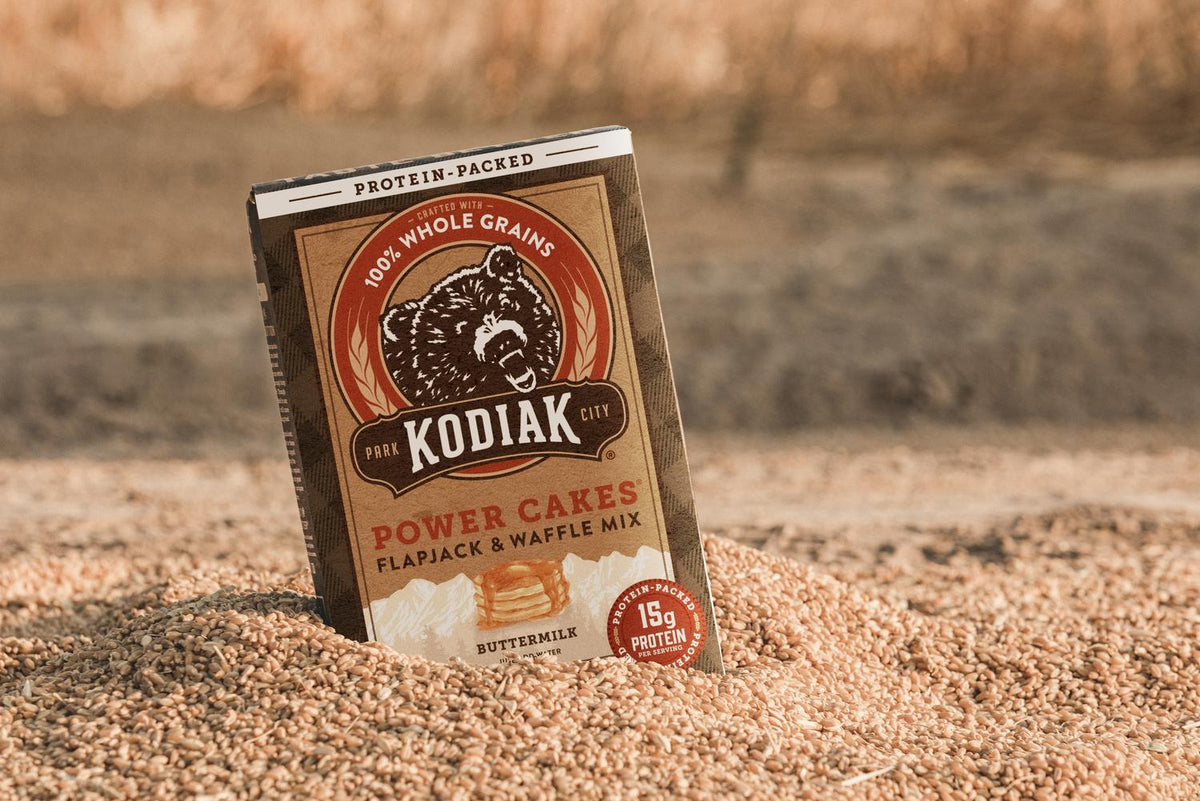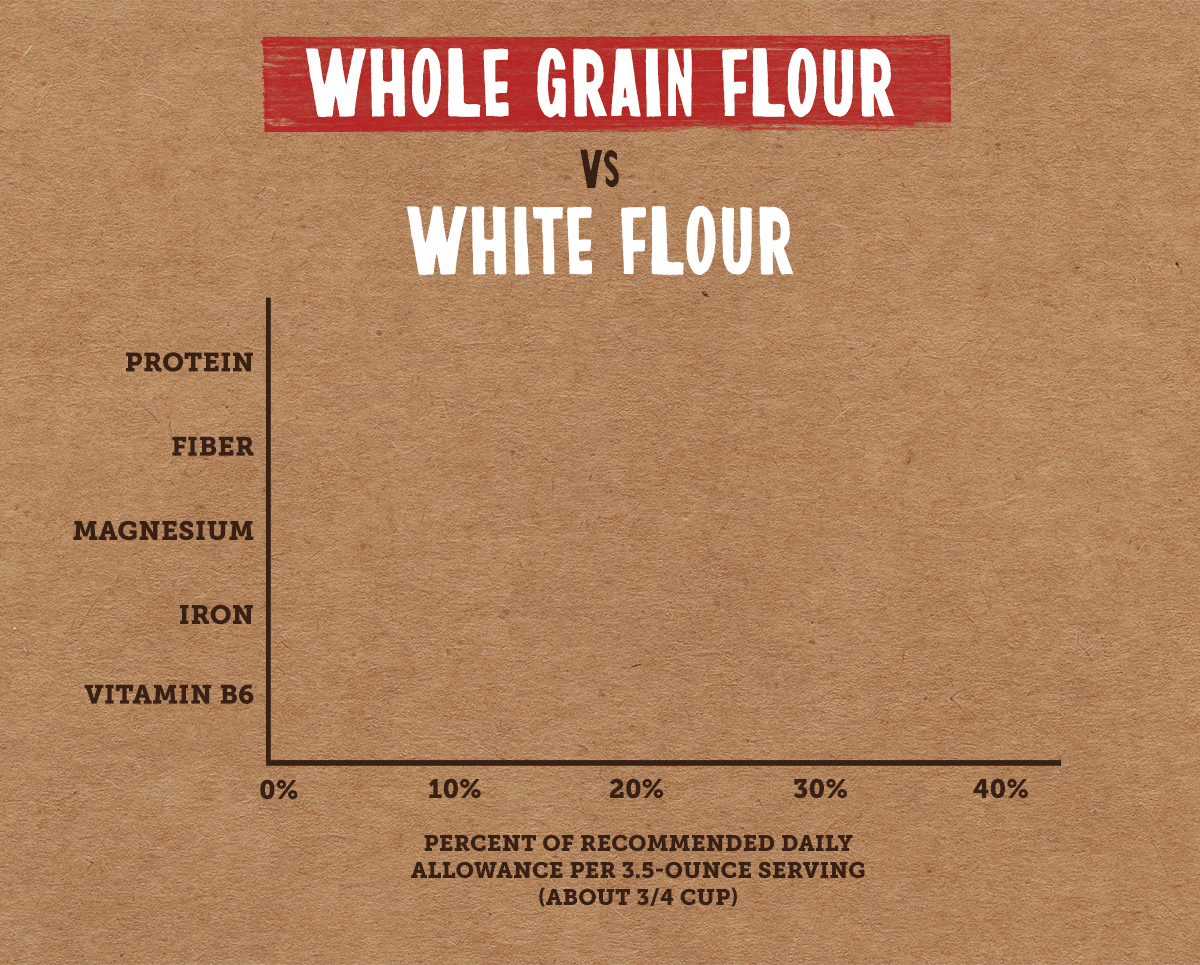
WHY WHOLE GRAINS?
Back in the day, folks required whole grains to fuel their long, adventurous days on the trail — well before modern-day refined grains became more common. Today, while your journey might look more like a morning commute than a treacherous mountain pass, you still need a quick, delicious breakfast packed with premium ingredients that work as hard as you.
That’s why we craft our breakfast and snack staples with nutrient-rich, 100% whole grains. The fiber in whole grains promotes satiety, helping you feel fuller for longer and support calorie management, so you can enjoy a satisfying start to your epic day.
What Exactly Are Whole Grains?
A grain is called 'whole' when it still has all three of its original parts: the bran, germ, and endosperm, just as they naturally grow, according to the Harvard, School of Public Health.
Let’s break that down:
-
Bran: This is the outer layer, packed with antioxidants, B vitamins, and fiber.
-
Germ: The heart of the grain, full of B vitamins, some protein, minerals, and healthy fats.
-
Endosperm: The biggest part, mostly made of carbs and protein, plus vitamins and minerals. It also gives energy to the germ, like its own food supply.

What Are Refined & Enriched Grains
Grains become 'refined' or 'enriched' when parts of the grain are taken out. Nutrition expert Jenna Gorham explains, “Refined grains have the bran and germ removed to make them softer and last longer on the shelf, but this also takes away a lot of nutrients.” For example, removing the bran and germ cuts out about 25% of the grain’s natural protein. Some nutrients can be added back later, turning it into an 'enriched' grain, but it still has less than half the nutrients it originally had.
So, while refined grains might last longer in your pantry, they're not exactly winning at powering you through the tough stuff — 100% whole grains are the real fuel for epic days!
Why Choose Whole Grains?
(from a Registered Dietitian)
“Compared to refined flours, whole grains contain more fiber and provide essential vitamins and minerals. These essential vitamins and minerals play several different roles in your body. For example, B vitamins are essential for energy production and metabolism, vitamin E is a powerful antioxidant, and magnesium plays a role in bone health and muscle function."
A diet rich in whole grains can provide many benefits. Kodiak Buttermilk Power Cakes Flapjack & Waffle Mix pack in 45 grams of whole grains per serving, and Kodiak Power Flapjacks (frozen flapjacks) deliver 36 grams of whole grains per serving.
At least 48 grams of whole grains are recommended daily!
How Whole Grains Work As Hard As You:
-
Vitamins: Whole grains are like your body's energy hype man, loaded with B vitamins and vitamin E that turn your meals into fuel and keep your immune system in fighting shape.
-
Minerals: Think of whole grains as the snacks you packed on a long day full of adventure. They bring iron, magnesium, phosphorus, and zinc—all the good stuff your cells need to stay healthy.
-
Fiber: The dietary fiber in whole grains is your digestive system's best friend, helping you feel full longer and keeping things running smoothly.
-
Protein: Whole grains deliver protein, one of the three essential nutrients our bodies crave. It’s like the building block for muscles! Since protein can't be stored as energy, make sure to invite it to your plate every day.

In short, whole grains help fuel your body and keep you feeling fuller, longer while also helping you tackle your epic day.
Apart from being a keystone ingredient in all our Kodiak products, we use whole grains because – let's be real here – they just taste better.
